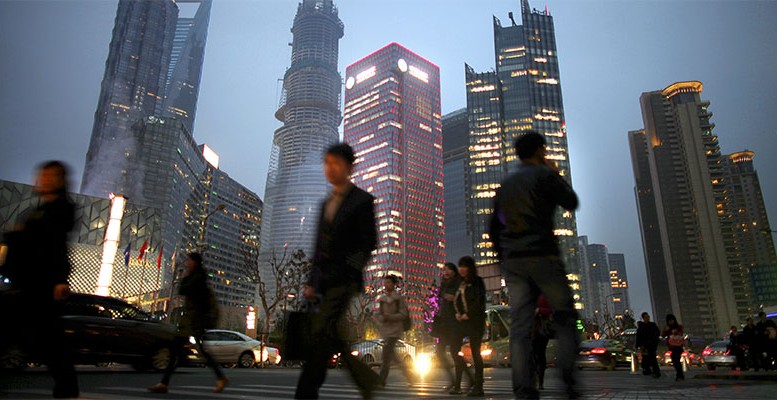BARCLAYS | In chess, the concept of zugzwang refers to a point in the game where any change in the status quo weakens a player’s position. The ideal choice would be to not make a move, except that “pass” is not an option. This concept effectively explains the choices that confront China’s policy makers, who will have to make a decision about the country’s currency and monetary policy in the next few quarters. None of the choices are terribly appealing, and all carry risks for financial markets.
We do not expect an imminent credit/banking crisis in China. Some investors have recently forecast an imminent credit/banking crisis in China. We have a different view. We acknowledge that China has seen an epic credit boom from early 2009. However, a credit or banking crisis ultimately needs a lenders’ strike, and there is no sign of that in China anytime soon. Household savings rates are high and the capital account is not fully open, so most of the savings fund the banking and shadow banking system . China’s banking sector, thus, has a greater ability to ‘evergreen’ bad assets than most other countries.
Economic data alone are unlikely to trigger a sudden disruption in global financial markets. On the economic front, China’s massive over – investment cycle is turning down, as returns on investment fall, led by the property and manufacturing sectors. But so far, the consumer and services sectors seem untainted by the recession in trade and manufacturing. While China should slow down over the next several quarters, economic data alone are unlikely to trigger a sudden disruption in global financial markets.
Nevertheless, our worries about China have now escalated , given rising capital outflows and related implications for the currency. We believe that outflows are not being driven just by a loss of confidence, but are a by – product of sharply easier monetary policy, which resulted in M2 in the country rising by around $2.5trn (in RMB equivalents) last year. While this wave of RMB liquidity continues to wash over the Chinese economy, capital outflows should continue.
China’s decision on its currency and monetary policy carries significant risks for financial markets. China could tolerate the current pace of FX reserve declines for several more months. But at some point this year, the People’s Bank of China ( PboC ) will probably have take more aggressive measures to stem outflows. The choices are: a) strict capital controls; b) a much tighter monetary policy; or c) a sharp, one – off depreciation of the RMB . We do not think capital controls will work, and monetary policy tightening could slow down the economy , as well as spark credit defaults . A one – off depreciation would have to be sharp enough that it shifts psychology from future depreciation to appreciation, thus reducing capital outflows. The RMB has appreciated 25 – 30% trade – weighted over the past four years; all of that might need to be unwound to decisively shift psychology. But this would be a difficult “sell” in other countries, especially in a US presidential election year. We think that for the next few months, China might try all three options in small measures. But if these measures do not succeed, the country will have to make a decision. No matter what it decides, the outcome carries significant risks for global financial markets.





